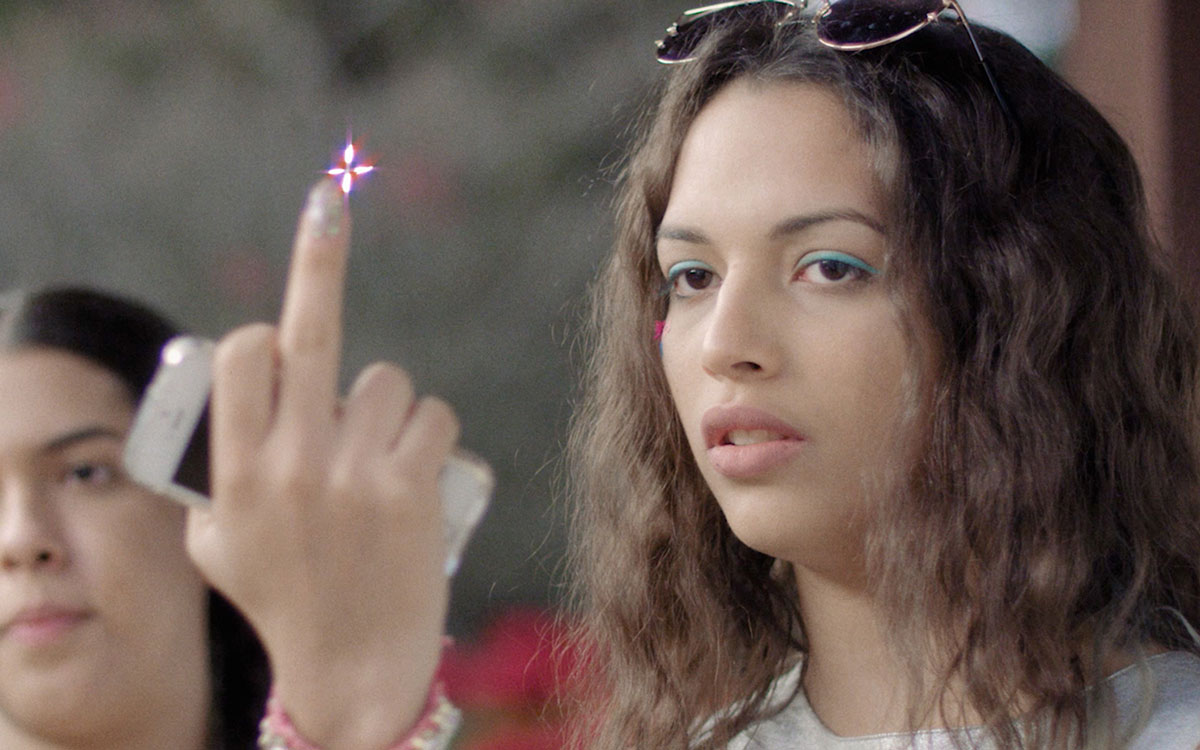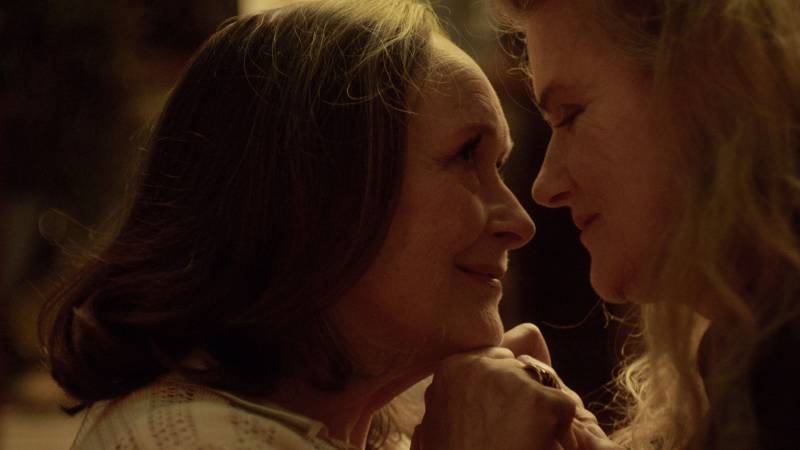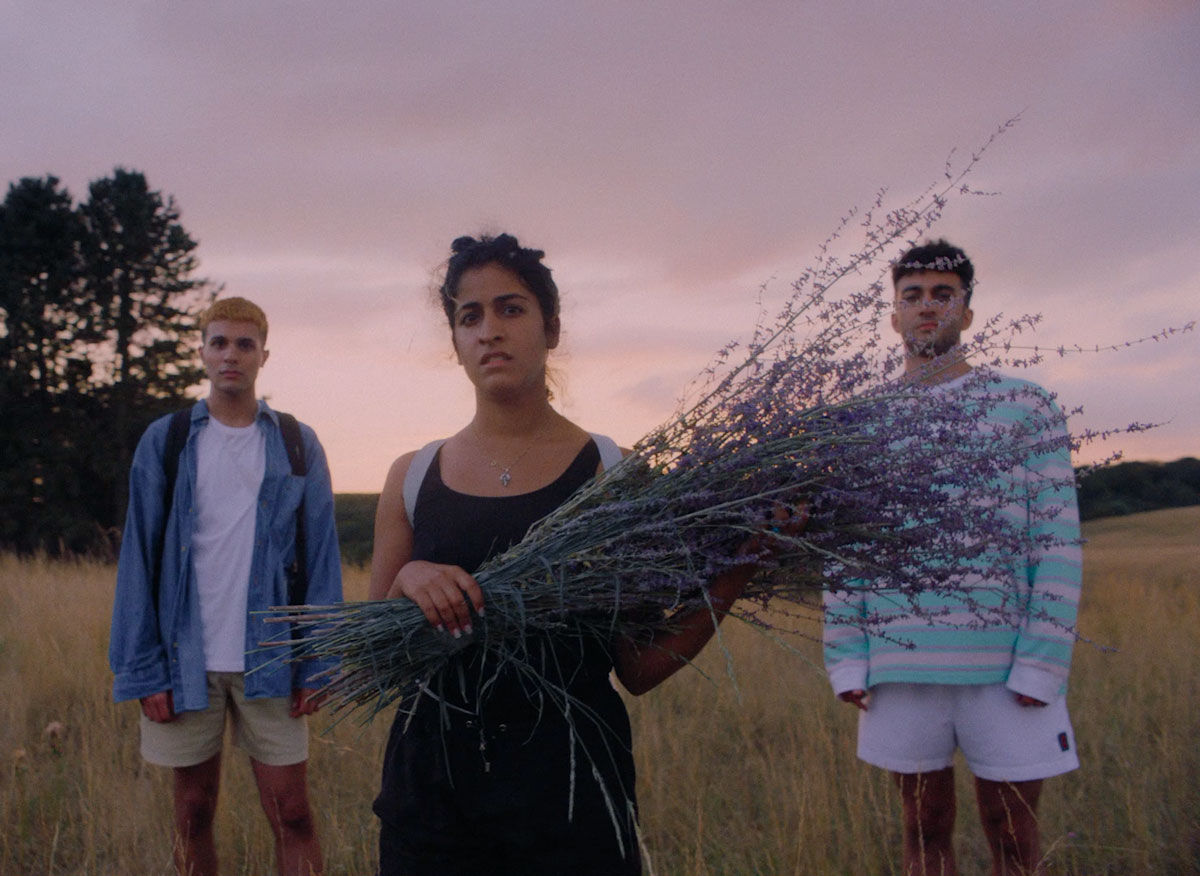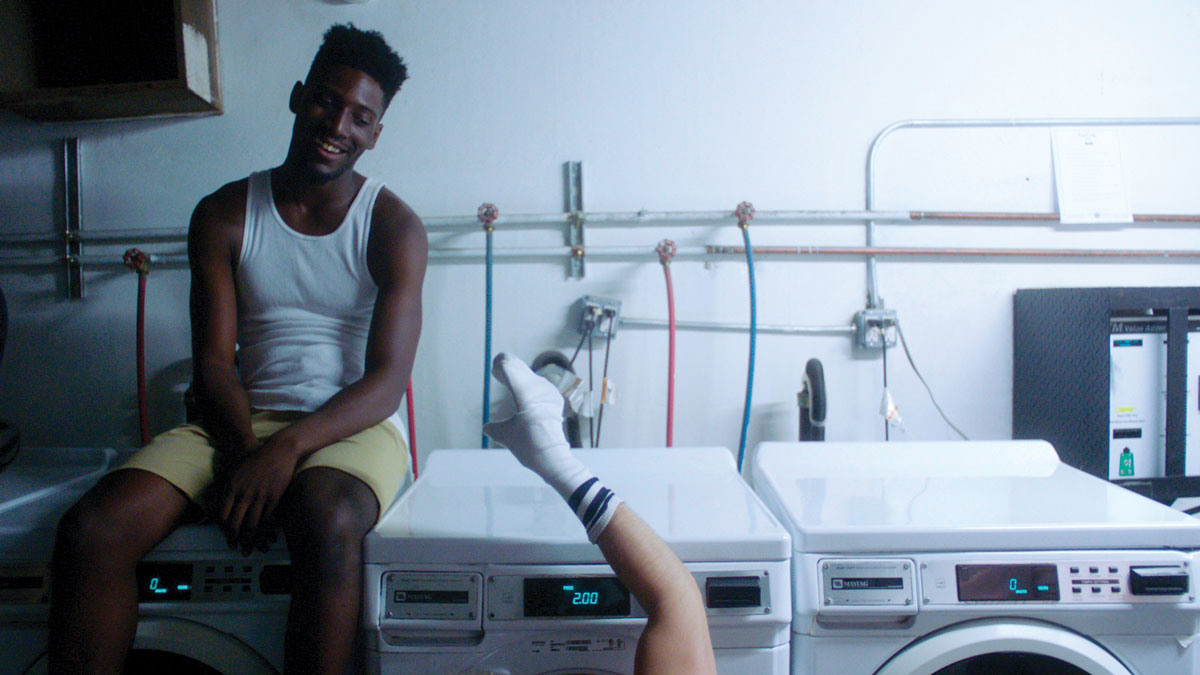Coming out to join the crowd at the Castro for a hot-and-heavy Frameline screening—with every delectable connotation that suggests—is off the table this year. The 44th San Francisco International LGBTQ+ Film Festival, revamped and rescheduled from its perennial Pride Month residency, is entirely (with the exception of tonight’s drive-in opener, Shit & Champagne) an online affair.
Making the scene to see and be seen is a thing of the past, and the TBD future.
When sheltering in place became the canon of the county, Frameline hustled to produce a condensed Pride Showcase in June that raised spirits and cash via an online and drive-in program. In the ensuing months, the model and mode of online festivals has become codified (for viewers as much as for presenters), with nearly all the films available to stream anytime during the festival. A specific viewing time is recommended, however, to coincide with the added feature of a live Zoom Q&A with the filmmakers.
Frameline (Sept. 17–27) is renowned, justifiably, for the delirious scope of its program: In a typical year you can find something about and for literally everyone across the fluid LGBTQ+ horizon. A few of those films are less than great, shall we say, but they honor Frameline’s mission to reflect on the big screen the breadth of the community. One of the challenges of moving online is the logistical necessity to pare a sprawling program down to a manageable level without sacrificing big-umbrella diversity.

At 30 features and six shorts program, plus the first season of the locally filmed episodic series Chosen Fam, Frameline 44 is one trimmed-down festival. With the gyms closed for months and sedentary weight gain a pervasive issue, the festival is just about the only slimmed-down beast around.




